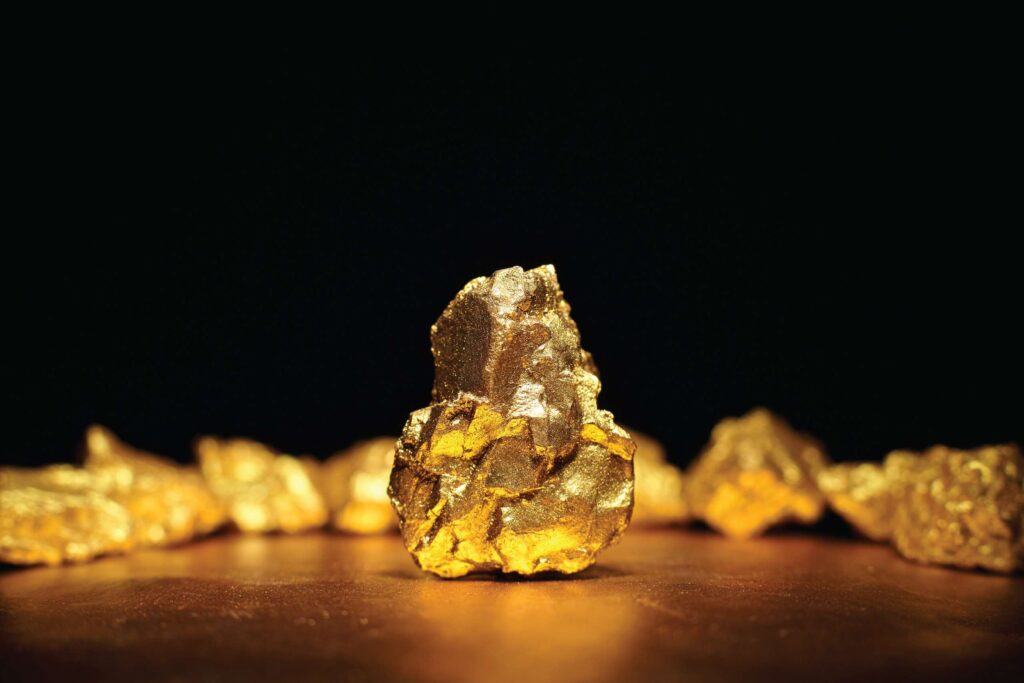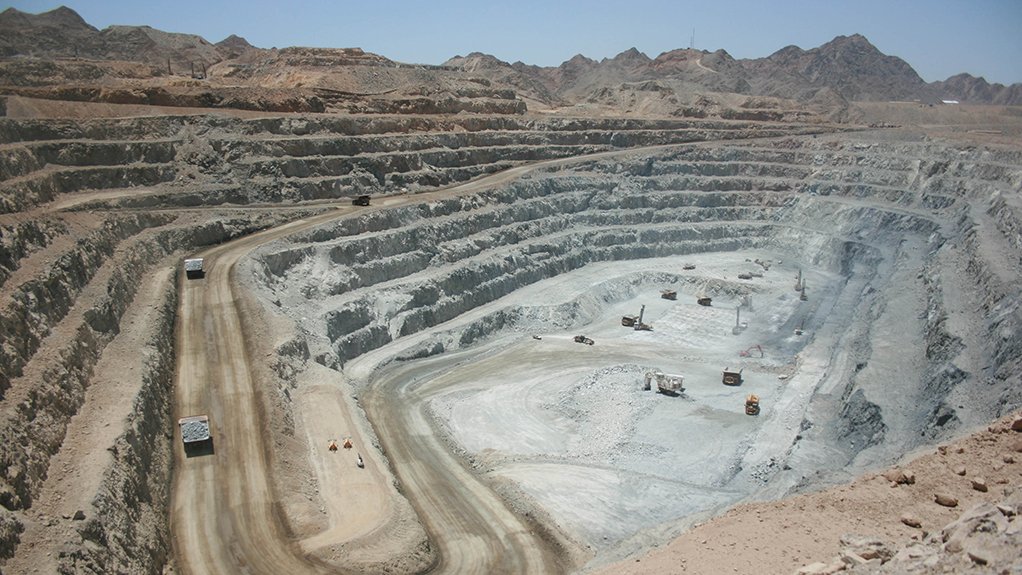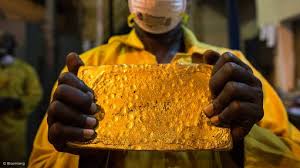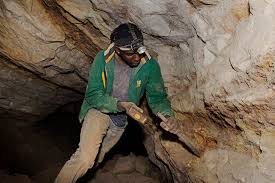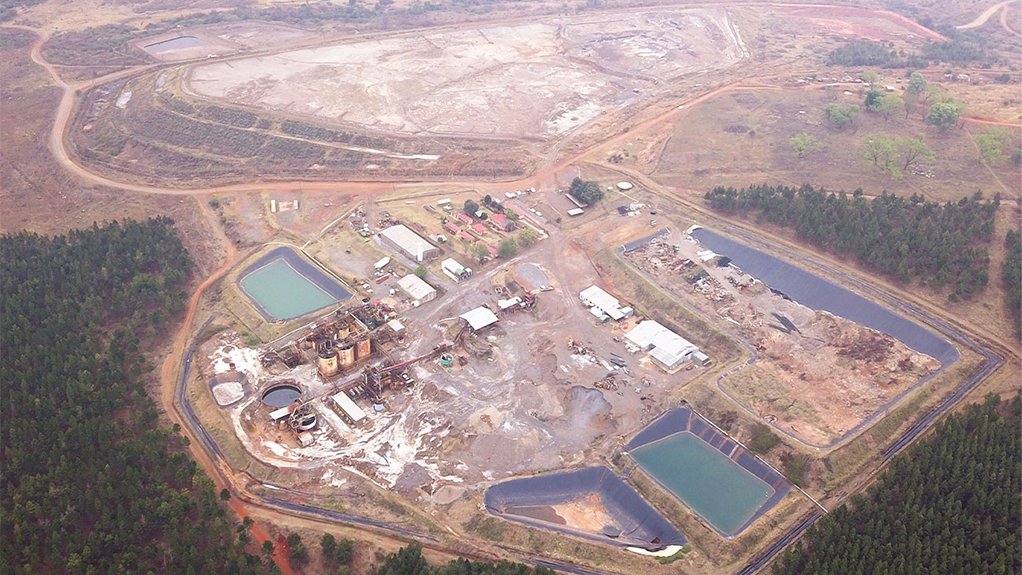Precious Metals

Niger Nationalises Sole Industrial Gold Mine Over Allegations of Contractual Breaches
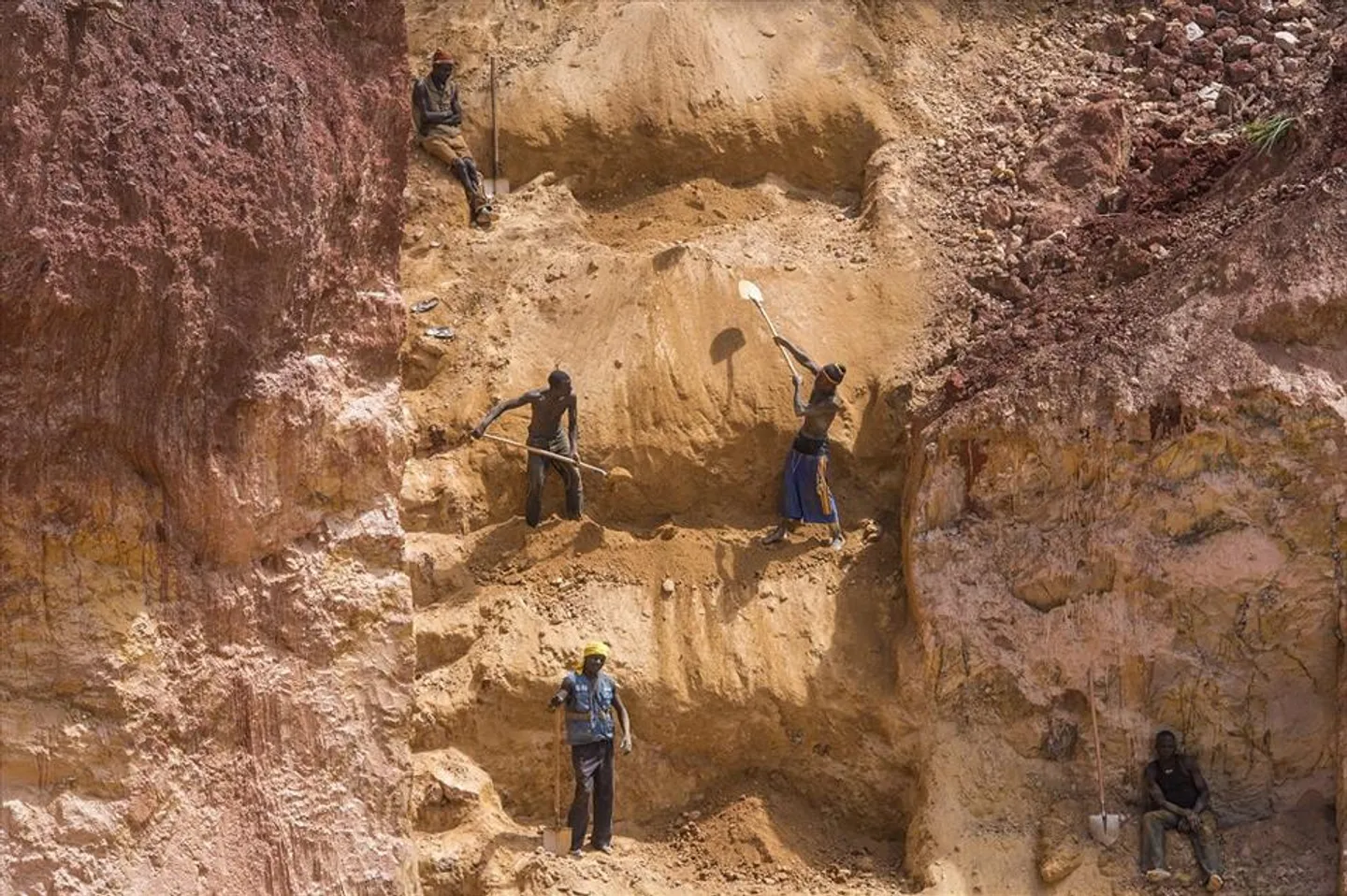
Niger’s military government has announced the nationalisation of the Société des Mines du Liptako (SML) gold mine, the country’s only industrial-scale gold producer, following allegations of contractual breaches by its Australian operator. The move reflects a growing pattern in parts of West Africa where military-led administrations have intensified state involvement in the extractive sector.
In a televised statement on Friday, General Abdourahamane Tiani, who assumed power after last year’s military coup that ousted President Mohamed Bazoum, declared that the state had taken control of the mine in what he described as a measure to safeguard a “highly strategic” national asset. The government cited an “alarming economic situation” at the site, accusing operator McKinel of failing to fulfil a US$10 million investment commitment. Officials allege that this shortfall has contributed to tax arrears, wage delays, layoffs, mounting debt, and the suspension of production.
Data from the Extractive Industries Transparency Initiative indicate that SML’s industrial output was approximately 177 kilogrammes of gold in 2023, while artisanal operations across Niger produced around 2.2 tonnes. The government maintains that national ownership will allow greater retention of value from the country’s mineral wealth for the Nigerien population.
Security considerations have also played a role in the decision. In May, a bomb attack in the Tillaberi region — an area with a persistent jihadist insurgency — killed at least eight workers at the mine. In response, the Nigerien armed forces deployed more than 2,000 soldiers to secure the area, which remains a focal point of the country’s security challenges.
This development is consistent with a regional trend in which military-led governments in countries such as Mali, Guinea, and Burkina Faso have pursued greater control over mining operations. In Mali, the post-2020 coup administration has pressed foreign operators, including IAMGOLD, to increase local ownership and investment commitments. Guinea’s leadership has implemented similar measures, particularly in the bauxite sector, while Burkina Faso’s authorities have sought contract renegotiations with major gold producers such as Endeavour Mining.
However, Niger’s approach has been more direct in certain instances. In June, the government nationalised the local operations of French uranium producer Orano, marking a more assertive form of intervention compared to its regional counterparts, which have generally favoured revising contractual terms over outright asset seizures.
Observers note that while these actions may increase state revenues and resource sovereignty in the short term, they also risk discouraging future foreign investment. Balancing these competing priorities remains a challenge for governments in the region, particularly in states where security concerns already complicate mining operations.




